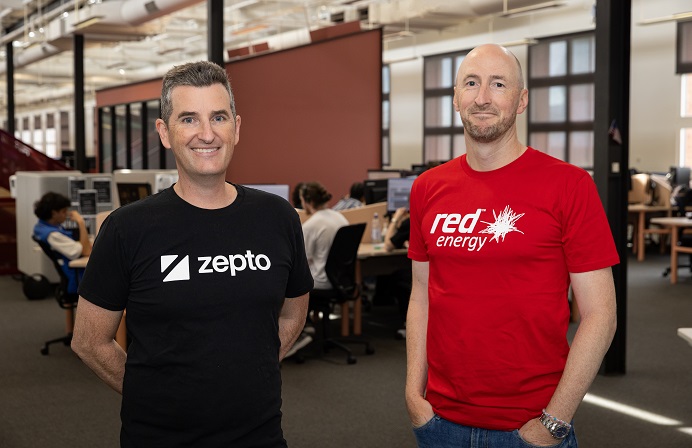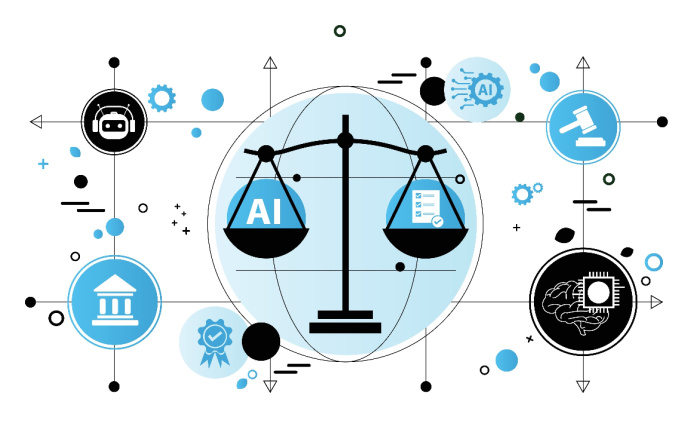
The Monetary Authority of Singapore (MAS) is hoping to reduce the role of cash in society by encouraging banks to look at the success of similar movements in Sweden.
The managing director of MAS, Ravi Menon, recently stated that consumer payments in Singapore are unique amongst highly developed economies in the world, off the back of statistics which show cash in circulation attributing for 8.8 per cent of GDP in Singapore, compared with 4.4 per cent in Australia and just 2.12 per cent in Sweden.
“Our studies…estimate that the social costs for cash and cheques are about $2 billion per year,” said Menon on the results of the MAS study, conducted in conjunction with KPMG Singapore.
“The economic cost of this heavy reliance on cash and cheques is not trivial,” he said.
“We want to embrace innovation and harness technology so as to increase the productivity of our businesses and enhance the welfare of our citizens.”
Speaking at a recent fintech conference, Menon was adamant that in order to continue with the government’s pledge to become a Smart Nation, Singapore should look to Sweden as an example of effective and innovative payment structures.
“Our vision is to make Singapore an electronic payments society. A society that spurs continuous innovation in payments technology, gives consumers maximum convenience and confidence in making payments and enables firms to increase productivity through payments integrated with business processes,” he said.
“The financial services sector is well placed to play a leading role in the Smart Nation project.”
Menon outlined four proposal strategies from the MAS which aim to streamline regulation for the payments sector and strengthen customer protection and anonymity.
“We will put in place an inclusive governance framework that brings together different stakeholders to guide the development of Singapore’s payments landscape in a coherent way,” he said.
“The…strategy for an e-payments society is a payment infrastructure that is inter-operable, that will enable swift, simple, and secure electronic payments for everyone.”
According to Menon, overall process toward digitisation would be the underlying focus of the new MAS initiative.
“The fourth strategy is to help businesses to digitise their processes and integrate them with electronic payments solutions, so as to maximise productivity and efficiency gains,” he confirmed.
“The future should be one where we can securely and seamlessly pay our bills online.”





